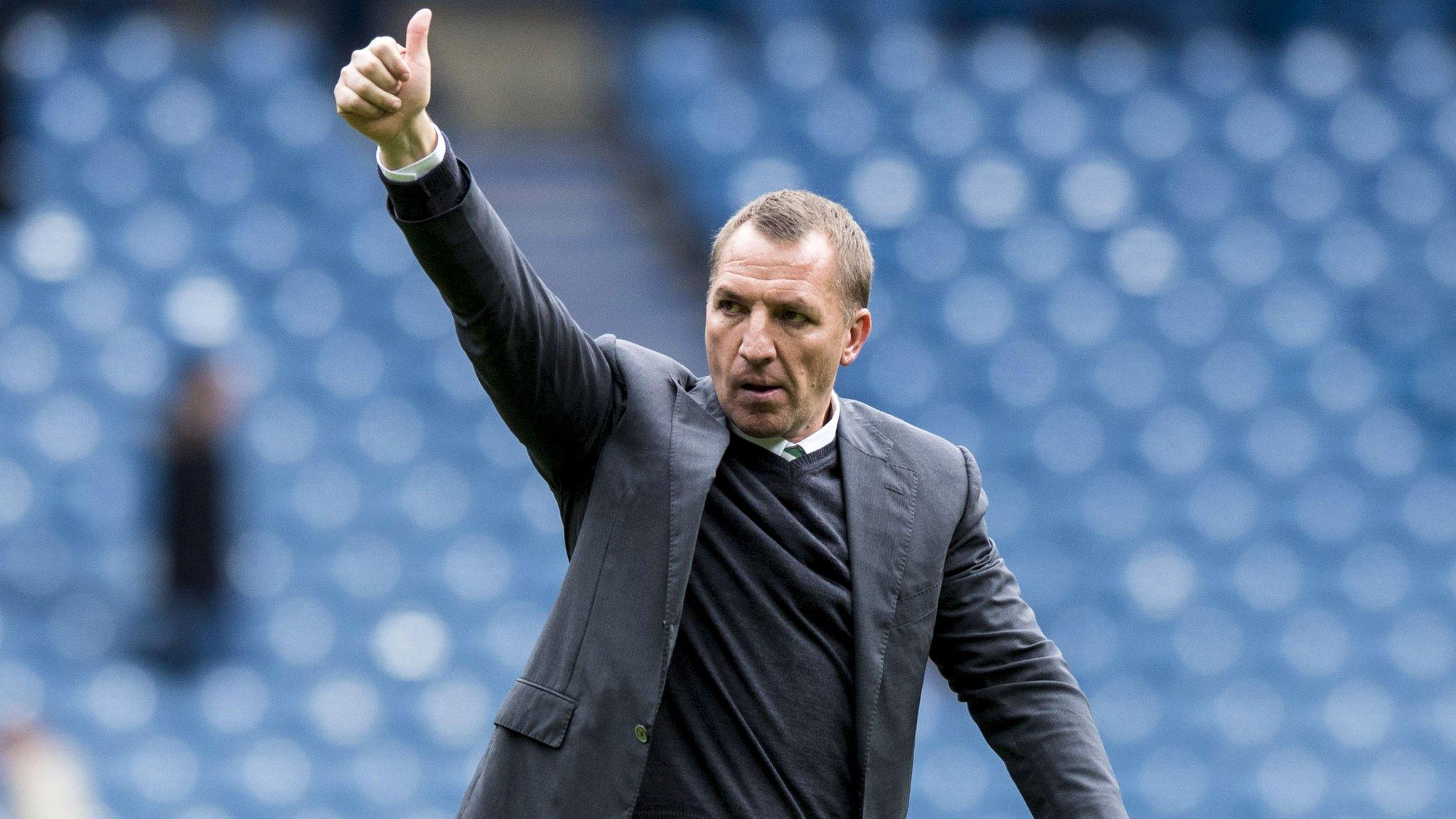Vincent Lunny says stronger gambling deterrents need to be considered
- Published
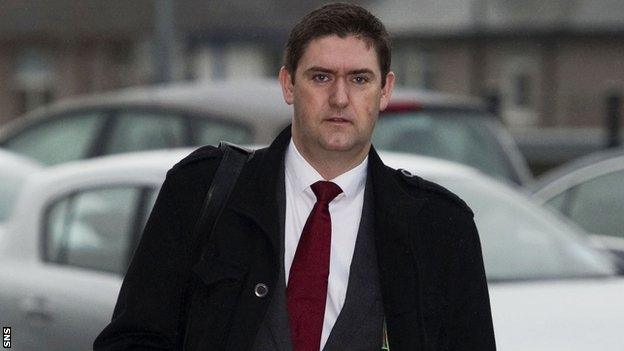
Vincent Lunny dealt with two gambling cases towards the end of his time at the Scottish FA
Former Scottish FA compliance officer Vincent Lunny believes tougher sanctions need to be considered to deter players from gambling.
Lunny spent three years at the governing body and left "feeling [gambling] is endemic in the game".
He also insists that more education is required, to warn of the dangers of becoming involved with gambling.
"If you don't stop it, then in three years we could be looking at matches being manipulated," Lunny warned.
"I would be concerned if it got any worse. It needs to be addressed strongly, to educate players that gambling on football is unacceptable.
"It [gambling] is far removed from match integrity and match fixing. But the danger always is that if you start with gambling, the direction of travel and the risk is towards match integrity being compromised.
"There has to be a debate on whether or not the sanctions need to be stronger, to create a greater deterrent, because at the moment they are not deterring players from gambling."
'The message isn't getting through'
Lunny was speaking after Annan Athletic chairman Henry McClelland and Inverness CT midfielder Lewis Horner were charged with breaching SFA gambling rules.
Despite visits by the SFA and PFA Scotland to all Scottish Professional Football League clubs, Lunny remains concerned that players are not paying full attention to the strict nature of the rules, which prohibit gambling on any football matches anywhere in the world.
The zero tolerance approach is, he believes, the only way to try to combat the problem.
"It's a difficult rule to police, but to protect the game and the players, it has to be enforced," Lunny said.
"It could not be clearer, but perhaps we need greater education within the game. The impression I had was that the players didn't feel that they were doing anything wrong, that this was part of the game and a bit of fun. The message isn't getting through to those in the game who are subject to the rules.
"But the danger is that once you start with the fun element, you're involved in the game that you're betting on and you don't win, and you've bet against your team winning, and that becomes public then the reaction from the fans will be negative, your job is at risk."
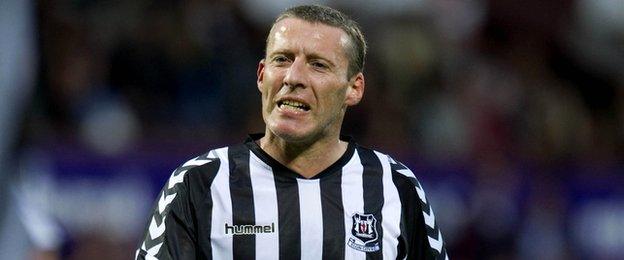
Barry Wilson admits betting while he was a player
Former Inverness Caledonian Thistle attacker Barry Wilson believes there should be "an amnesty" for players regarding historical bets.
Wilson admits that betting was commonplace in dressing rooms in 2011-12 - when some of the bets placed by McClelland and Horner took place.
"In those days it wasn't widely known that you weren't allowed to do it," Wilson said.
"I bet frequently and others likewise, probably more than 50% of the players in most of the teams I played for had bets. I'm sure nothing has changed that much.
"It could be huge. You could have a lot of really scared players. For me, the best thing to do to clear it up would probably be to have an amnesty, just clear it up and move on.
"Let players come forward and admit that they've placed bets. From that point onwards they know what they're going to get into if they continue to bet.
"I [bet against my own team] once. I wasn't playing. I was continually dropped and I made one bet against my team. I wasn't proud of it then as soon as I placed the bet I regretted it."
- Published10 May 2017

- Published10 May 2017

- Published10 May 2017
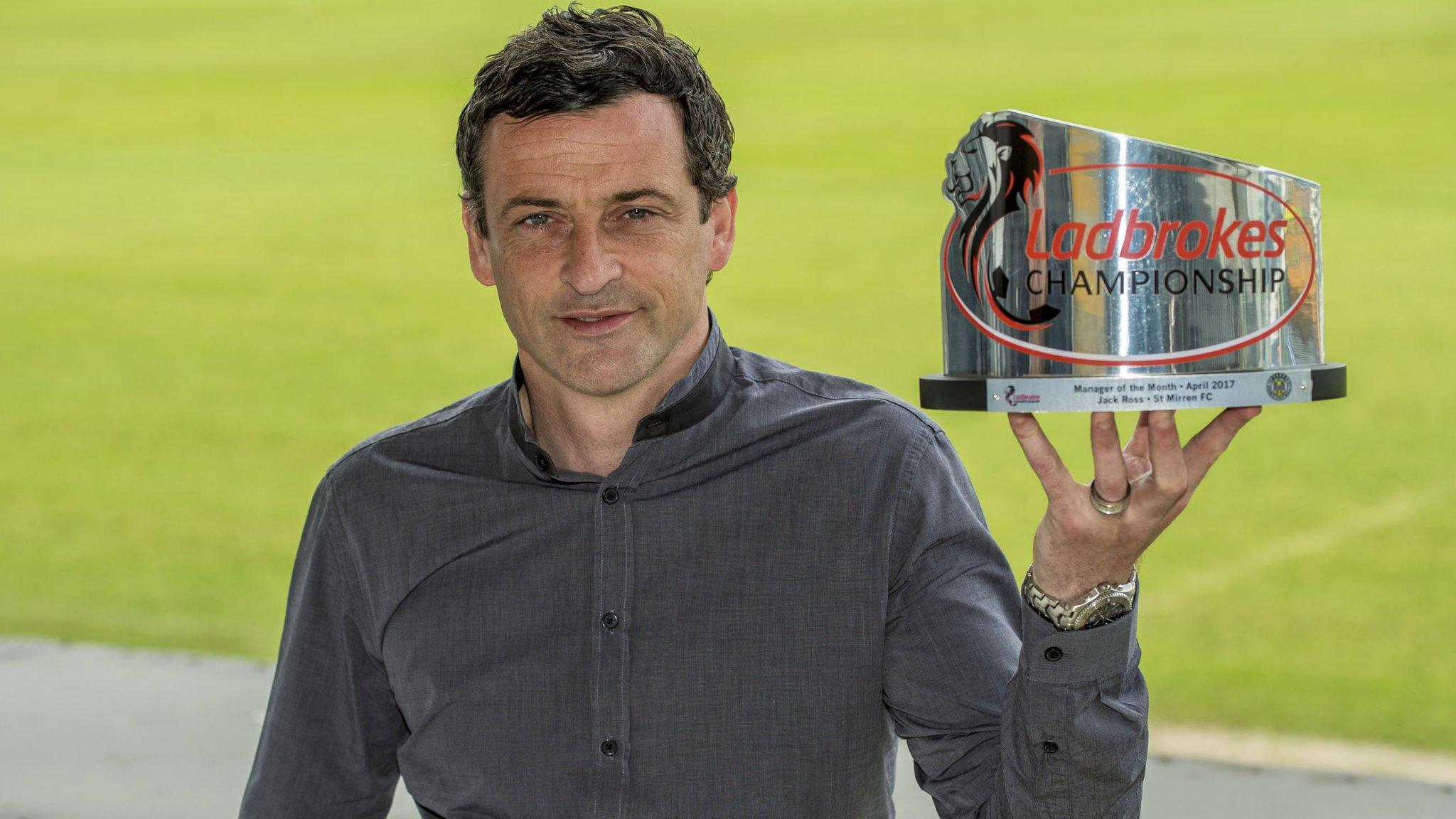
- Attribution
- Published10 May 2017
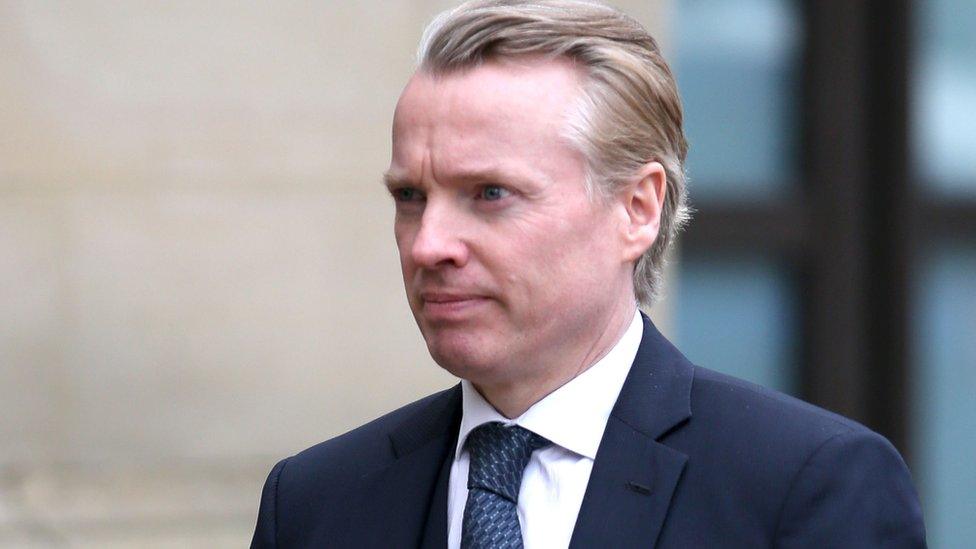
- Published10 May 2017
